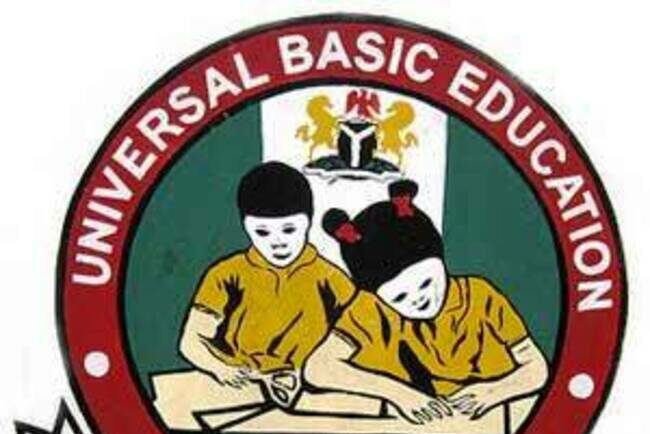The newly appointed Executive Secretary of the Universal Basic Education Commission (UBEC), Aisha Garba, has outlined plans to significantly advance the basic education subsector in the country.
She emphasized that providing quality education, especially at the foundational level, is crucial for any nation to achieve meaningful socio-economic progress that enhances the quality of life and well-being of its people.
Garba made this statement while addressing management and staff members of the commission during their first official meeting after she assumed office in Abuja.
According to her, every Nigerian child, like every other child globally, has the right to quality education regardless of religion, class, gender, or economic status. She referenced Article 26 of the 1948 Universal Declaration of Human Rights to support her stance.
ALSO READ: Oyo Speaker commiserates with Gov Makinde over brother’s death
In a statement issued by the commission’s Head of Public Relations & Protocol, Mr. David Apeh, Garba lamented that Nigeria, with an estimated 17 million out-of-school children, ranks among the countries with the highest number of such children globally. She noted that this situation hinders Nigeria’s progress toward achieving universal access to quality education.
She further highlighted that even when children are enrolled in school, many either drop out midway or struggle with learning outcomes.
According to her, UNICEF data from 2020 showed that Nigeria’s primary school completion rate stood at 59% for boys and 51% for girls. At the secondary school level, the rate was even lower—42% for boys and 36% for girls.
Similarly, access to higher education remains a significant challenge, as fewer than a quarter of the approximately two million candidates who sit for tertiary entrance exams each year secure admission.
“So, these are issues we must address as a country and as a people,” she stressed.
While expressing gratitude to President Bola Tinubu for her appointment, she underscored the importance of partnerships and collaboration in driving development within the basic education subsector.
She said, “My goal is to fulfill UBEC’s mandate, and we will achieve this together as a team by increasing access, improving quality, providing conducive and safe learning environments, ensuring the availability of adequate teaching and learning materials, and adopting the ‘best fit’ approach to address challenges across the country.”
“The commission will adopt a multi-sectoral approach to tackling the challenges facing basic education in Nigeria. We will work collaboratively with state governments, MDAs, development partners, and other relevant stakeholders to expand access and significantly reduce the number of out-of-school children.”
“We will employ strategies such as integrating technology, providing essential infrastructure and facilities in schools, supporting children with special needs, promoting girl-child education, and working with partners to make schools safer and more conducive for learning.”
“We will also engage local government education authorities and community stakeholders to expand access to basic education in rural, disadvantaged, and hard-to-reach communities.
“So, I will need your support and cooperation on this journey.”
Garba was appointed in December to succeed Dr. Hamid Bobboyi, who served the commission meritoriously for two terms.









